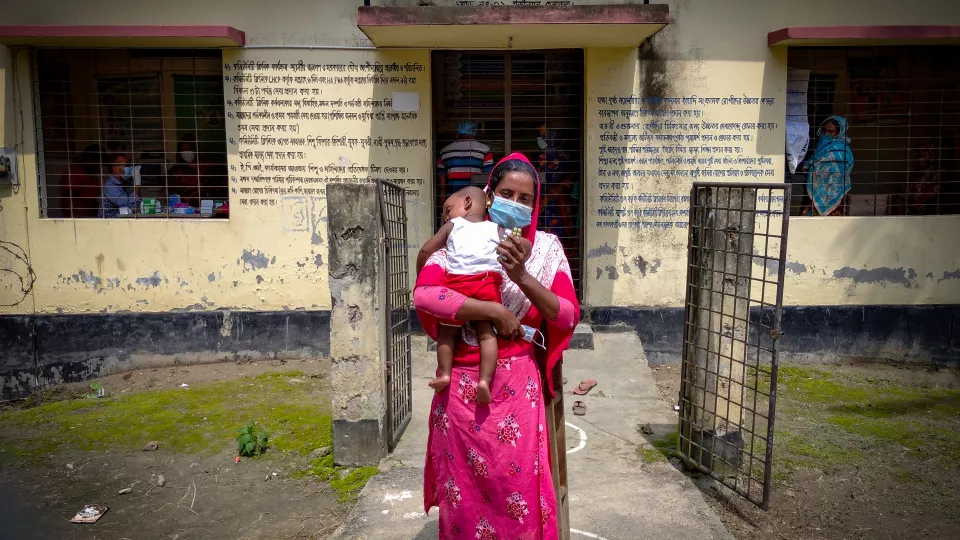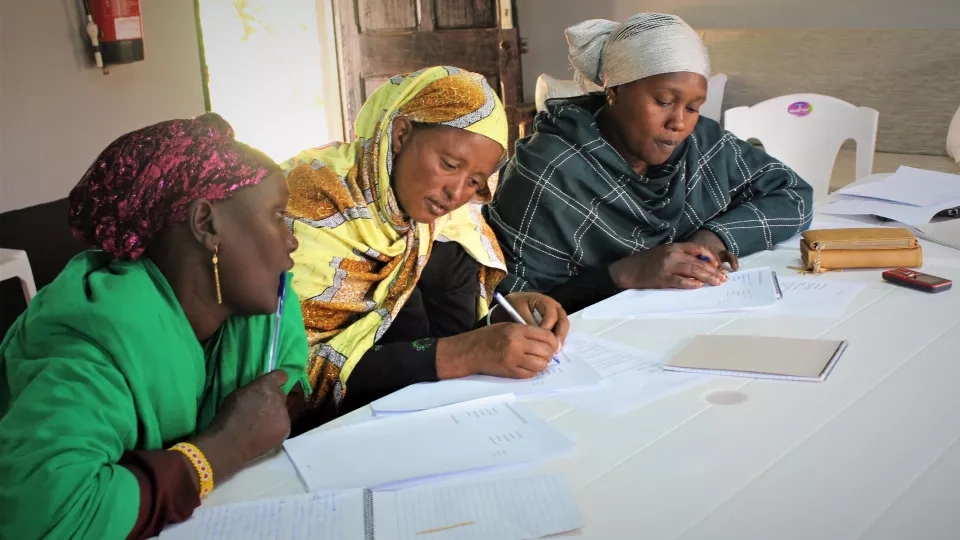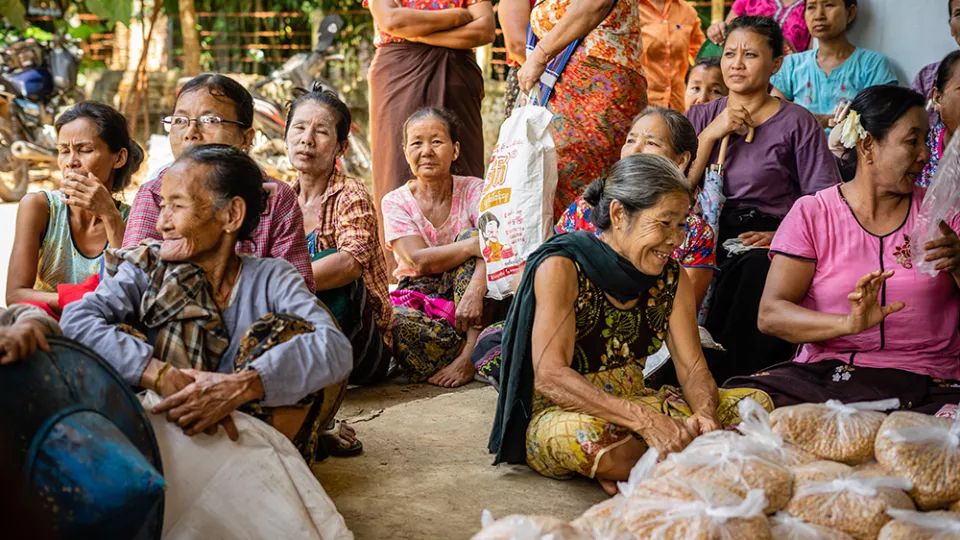
Start Fund Bangladesh leads the way on locally-led humanitarian action
In a recent Desk Review on Enhancing the Potential of Pooled Funds for Localisation (September 2020) conducted by the Grand Bargain Workstream 2 on Localisation, Start Fund Bangladesh (SFB) was held up as a strong example of locally-led humanitarian action that exemplifies some of the commitments set out in the Grand Bargain. SFB’s transformative model shows that it is possible to have a more proactive, efficient and locally-led humanitarian sector.




